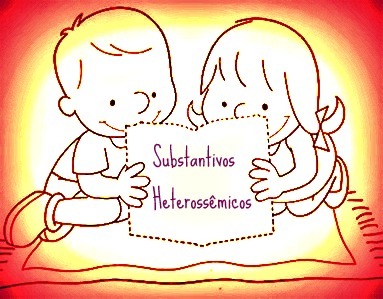Here you are facing two issues that are largely pertinent to the written modality of language, especially those communicative circumstances in which the exposure of opinions, arguments, remember? Obviously yes, as we are talking about the text example essay, OK?
So, as you know, this modality that we just mentioned consists of a text in which you express your opinions about a given subject, positioning themselves as someone who has the skills to discuss, debate ideas on this topic, but with one condition: everything you say needs to be at the service of an intention - that of convincing the interlocutor that you are really right in what affirms, that says.

Informativity and common sense are disparate elements, since they do not complete each other, on the contrary, they diverge, with regard to the quality of the speech
Thus, this is exactly where these two elements come to participate in our conversation, but... take your time, let's go to the first one - the informativity. Starting with the very idea portrayed in the title, informativeness is all about information, and information represents a of the main objectives that you, as well as other people, seek when interacting with a given text, it is not true? Well then, there are texts that consist of a
average degree of informativeness, such as those conveyed by the media, newspapers and magazines, given that the information provided in them, in addition to mobilizing the reader's cultural repertoire, they also add new information. There are also those demarcated by a high degree of informativeness, especially those that tend to be aimed at a more specific, as they consist of subjects aimed at a better elaborated cultural repertoire, as is the case of scientific texts from a general form.In this sense, as you could see, this characteristic represents a positive point in communicative circumstances, as it gives quality to the speech. However, we can't forget another one too - common sense – since it, contrary to the one we have just emphasized, does nothing to contribute to the good quality of the message. But why this happen?
The name itself gives us enough clues to say that it is something that, instead of adding something positive to the message, reveals aspects related to beliefs, to knowledge passed from generation to generation which, in turn, end up falling into popular taste and becoming repetitive, without any value in terms of information accurate. Thus, as the argumentative text needs to be based on plausible arguments, that is, convincing ones, it is stated that common sense contributes nothing to the good quality of what we say or leave registered through language writing. Therefore, it is always good for you to be aware that reading, the constant search for information, only brings benefits to you, as a producer of your own ideas.
By Vânia Duarte
Graduated in Letters



